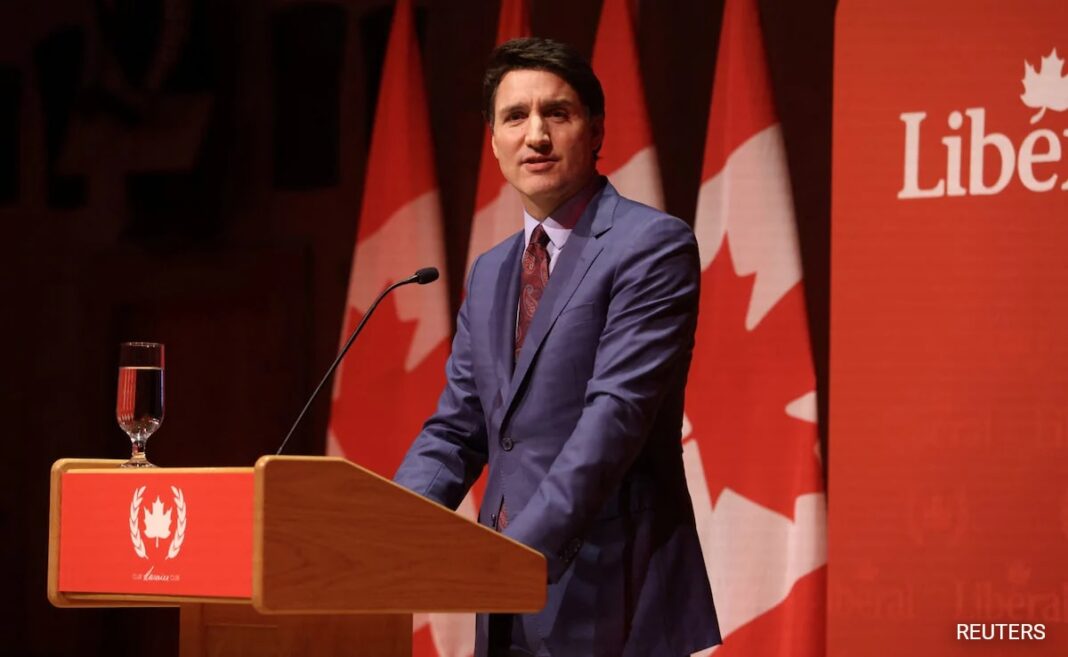Justin Trudeau resigned as Canada’s Prime Minister and Liberal Party leader on Monday. His departure came amid plummeting popularity, growing dissent within his party and a simultaneous surge in support for the Conservative Party.
Trudeau’s resignation marks the end of a nine-year tenure – a period marked by both achievements and challenges – as Canada’s leader. He now remains the caretaker prime minister until his successor is chosen, which must occur before October 20, 2025, when Canada is scheduled to hold national elections.
Justin Trudeau: Big family legacy
Justin Pierre James Trudeau was born on December 25, 1971, in Ottawa, into one of Canada’s most prominent political families. His father, Pierre Trudeau, served as Canada’s 15th Prime Minister from 1968 to 1979 and then again from 1980 to 1984. His mother, Margaret Trudeau, a socialite and mental health advocate, brought her own public attention to the family. Trudeau’s maternal grandfather, James Sinclair, was also a politician, serving as the Minister of Fisheries in the cabinet of Prime Minister Louis St. Laurent. James Sinclair was also a part of the Royal Canadian Air Force and served in the 417 Squadron during the Second World War.
Justin Trudeau: Entry to politics
Justin Trudeau was not initially set on a political path. He began his career in politics in 2007, running for the Liberal Party’s nomination in the riding of Papineau. He won the nomination and went on to win the seat in the 2008 federal election. He quickly rose through the ranks, becoming the Liberal Party’s critic for youth and multiculturalism in 2009, and later, critic for citizenship and immigration in 2010.
In 2013, Trudeau became the leader of the Liberal Party, and in 2015, he led the party to a majority government in the federal election. At 43, he became the second-youngest prime minister in Canadian history. During his tenure, Trudeau has implemented several significant policies such as the Canada Child Benefit, the legalisation of recreational marijuana, and the introduction of a federal carbon tax.
Justin Trudeau: Initiatives
- Climate Change: Trudeau has been a vocal advocate for climate action, and his government has implemented several measures to reduce Canada’s greenhouse gas emissions.
- Reconciliation with Indigenous peoples: Trudeau has made efforts to reconcile with Indigenous peoples, including the establishment of the Missing and Murdered Indigenous Women and Girls inquiry.
- Diversity and Inclusion: Trudeau’s government has introduced several initiatives to promote diversity and inclusion, including the introduction of a non-binary gender option on Canadian passports.
- Legalising Cannabis: In 2018, Trudeau passed legislation to legalise cannabis, making Canada the second country in the world to do so on a national level.
Justin Trudeau: Controversies
- SNC-Lavalin Affair: Trudeau was accused of interfering in the prosecution of SNC-Lavalin, a Canadian engineering firm.
- Blackface Scandal: Trudeau faced backlash after photos emerged of him wearing blackface at a costume party in 2001.
- WE Charity Scandal: Trudeau’s government was criticised for awarding a contract to WE Charity, an organisation with ties to the Trudeau family.
- Aga Khan Row: In 2016, Trudeau and his family took a vacation on the Aga Khan’s private island in the Bahamas, a trip funded by the spiritual leader of the Ismaili Muslim community. An ethics investigation found him violating four sections of the Conflict of Interest Act.
- Freedom Convoy: In 2022, truckers protested against COVID-19 mandates, with broader anti-government grievances. Trudeau invoked the Emergencies Act, which was later revoked after protests were dispersed by police.




